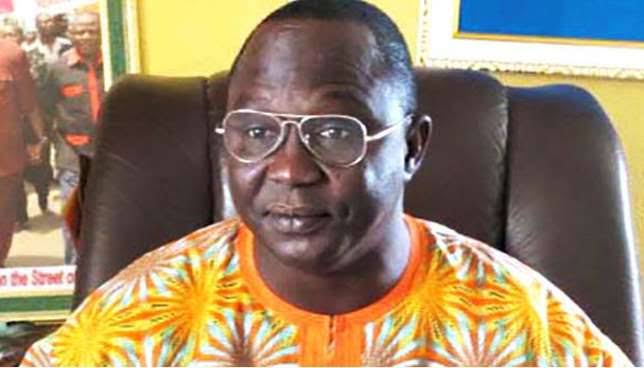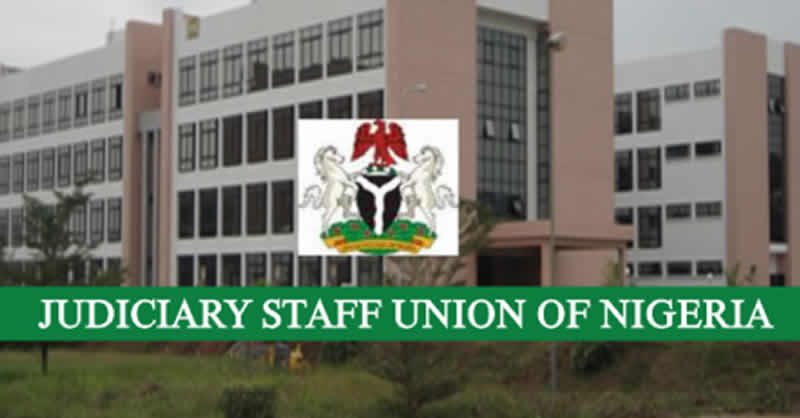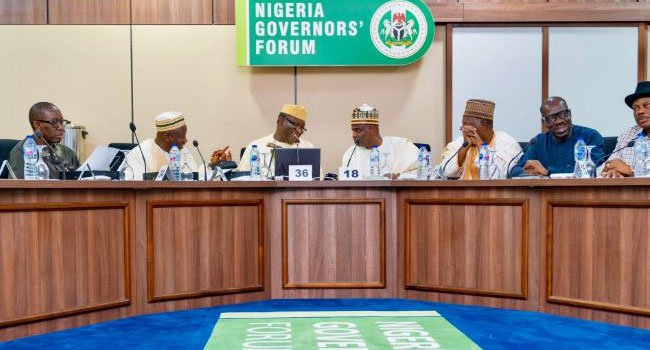Ndigbo, we must rethink our path.
Ndigbo, listen, truly listen.
I know the first instinct will be to hurl insults, as though abuse has ever been a substitute for reasoning. But if there still resides, anywhere within us, even a faint spark of the intellect that once defined our civilization, walk with me for a moment.
What exactly happened to us?
What is this emotional fragility that has overtaken a people once celebrated for clarity of thought, industry, and razor-sharp pragmatism? Since the civil war, it is as though we collectively exiled our own minds and enthroned sentimentality as our supreme oracle.
How did a people famed for enterprise become so easily manipulated, so pliable that clever opportunists discovered they could mine our pain and mint it into their own private glory?
Where is our famed introspection?
Where is the cold, analytical mind that once made us the engine of Nigeria?
When did we become a people allergic to truth, addicted instead to emotional anesthesia?
From 1970 till today, we have wandered like a people desperately searching for a savior, any savior, so long as he arrives in shining rhetoric and wraps himself in the relics of Biafra. We elevate self-appointed messiahs, not because they possess ideas, but because they whisper the words our scars are longing to hear.
Do we no longer remember MASSOB?
Do we not recall the extortions, the “protection levies,” the illegal camps, the intimidation, the brazen taking over of people’s houses, the attempt to set up a government within a government?
Have we forgotten so quickly or is our amnesia deliberate, a shield to protect the myths we prefer over truth?
We watched a man with no visible enterprise become incredibly wealthy the moment he mastered the emotional thermostat of post-war Igbo psychology. He knew the formula: weaponize victimhood, vilify dissent, and allow the mob to handle the rest.
This same playbook resurfaced more aggressively with Mazi Nnamdi Kanu.
His first act was not liberation.
It was purging dissent.
Any Igbo voice that dared to think differently became “sabo,” “efulefu,” an enemy of the people. The mob enforced these verdicts, and fear became the new governance structure of the agitation.
And now, ironically, the same leaders he once demonized are expected to speak up.
Let us be honest:
Nigeria’s post-war structure has been painfully unfair to Ndigbo. That is undeniable.
But it is equally undeniable that we have handled our politics poorly, choosing emotion over strategy, theatrics over calculation, and grievance over negotiation.
We scream “marginalization” as though we alone suffer in Nigeria.
Yet the Niger Delta remains a brutal reminder that many others carry wounds deeper than ours, even while showing strategic cohesion we seem to lack.
And then we reach the issue many avoid:
How does burning down police stations in Igboland advance our liberation?
How does killing Igbo sons in uniform translate into freedom?
How does shutting down our economy every Monday serve our collective interest?
What rational mind destroys its own home hoping the enemy will feel the smoke?
Explain it.
Help us understand.
What has Biafra to do with the desolation of places like Lilu?
What has freedom to do with fear silencing dissenting Igbo voices?
If the agitation is modeled around unquestionable obedience to a supreme leader, where dissent attracts violence, then what kind of “country” do we imagine such a mindset will produce?
This is where I must address something many deliberately distort:
Court cases are not decided by ethnic sentiments.
Every case is evaluated on its own facts, its own evidence, its own merits.
No two cases are legally identical, even when they appear similar on the surface.
So when people attempt to compare MNK’s legal situation with that of other non-Igbo offenders, as though the judiciary uses tribal arithmetic, they are peddling a dangerously lazy argument.
That line of reasoning attempts to emotionally blackmail us into equating his case with others, while deliberately ignoring the nature of the charges, the pattern of conduct, the operational consequences on the ground, and the direct correlation between rhetoric and violence.
To allow such emotional manipulation is to abandon reason entirely.
And I refuse to sacrifice critical thinking on the altar of ethnic sentiment.
Because while others may overlook the carnage wrought on Igbo communities, I cannot.
I cannot ignore the fear, the death, the destruction, the economic paralysis.
Not when the architect of the rhetoric remains enshrined as a messiah.
I cannot in good conscience overlook the homegrown wounds inflicted on my own people simply because the messenger wraps himself in Biafran colors.
Even when some educated Igbo voices defend him, refusing to see the ruins before their eyes, some of us must remain firm:
A man prone to incendiary rhetoric, allergic to dissent, convicted of his own myth, cannot be the mouthpiece of a people as republican and intellectually grounded as Ndigbo.
Many so-called leaders who align with him or keep silent, do so out of survival instinct, not conviction.
They fear the mob.
They fear the labels.
They fear the backlash.
Some seek relevance; others simply want peace from relentless verbal assault.
But Ndigbo are more than this.
We must one day close the doors, dismiss the spectators, and confront the brutal truth:
The version of Biafra being preached today is not liberation.
It is emotional intoxication.
A fantasy devoid of strategy, sustainability, or attainable pathways.
Until we walk away from this self-inflicted paralysis, this destructive victimhood, this sentimental politics, we will remain trapped in a cycle of self-sabotage.
No tribe will save us from ourselves.
Every tribe, as nature dictates, protects its own interest first.
Which is why it is madness to keep destroying Igboland in the hope that Yoruba or Fulani will feel our pain.
They won’t.
And they shouldn’t.
Because ultimately:
You cannot burn your own house and expect the neighbors to cry for you.
This cannot be who we are.
And it must never be who we remain.
Ezennia Nonso Chukwudebe.
21-11-25
Gatekeepers News is not liable for opinions expressed in this article, they’re strictly the writer’s.








